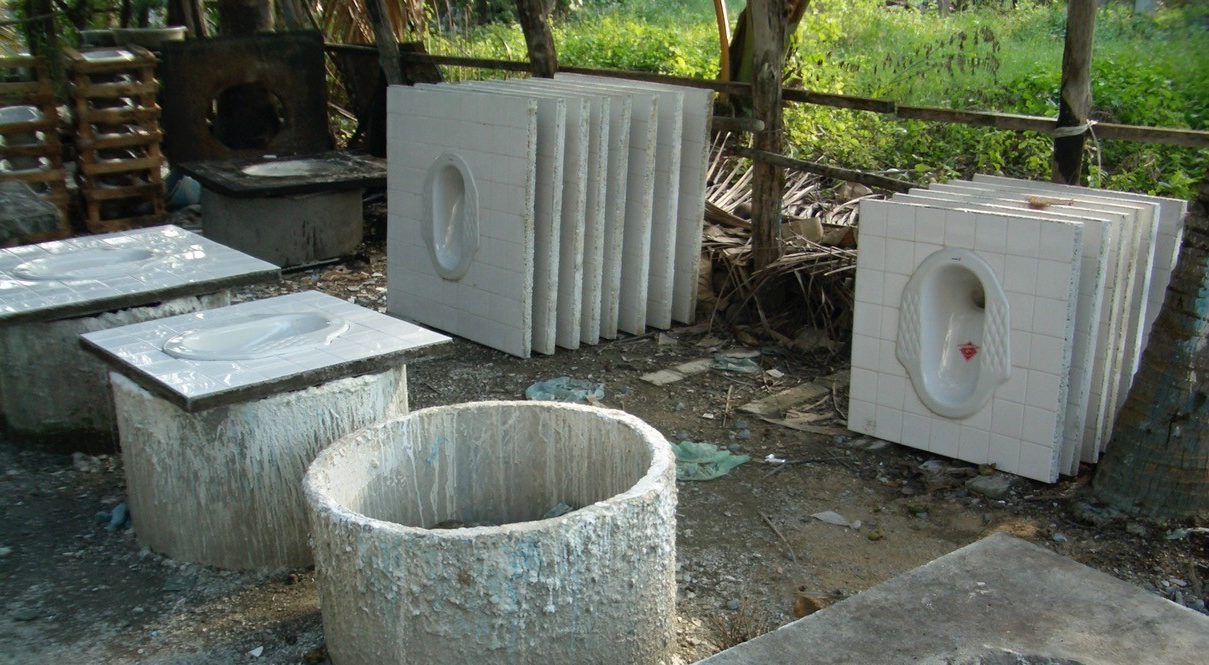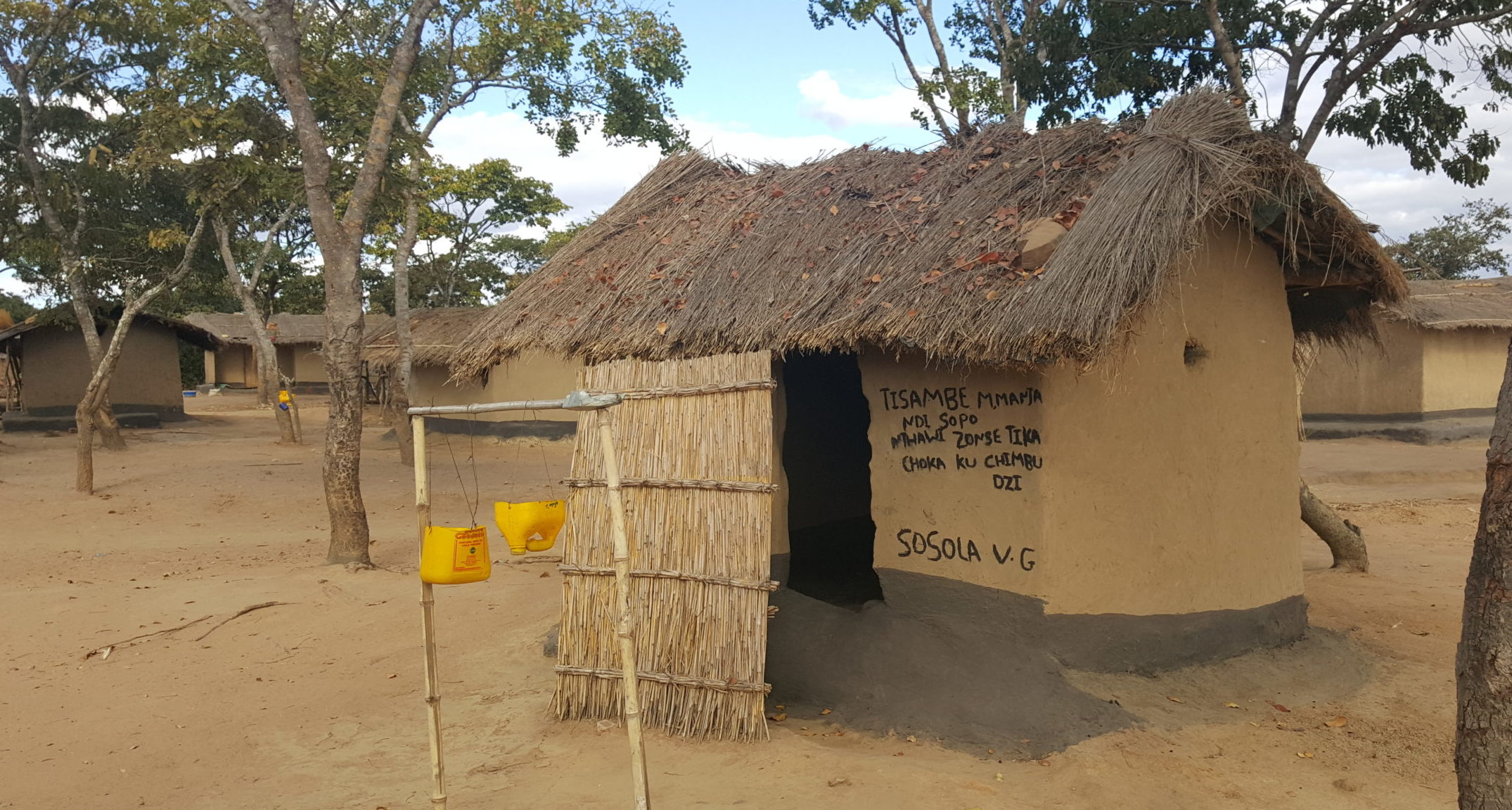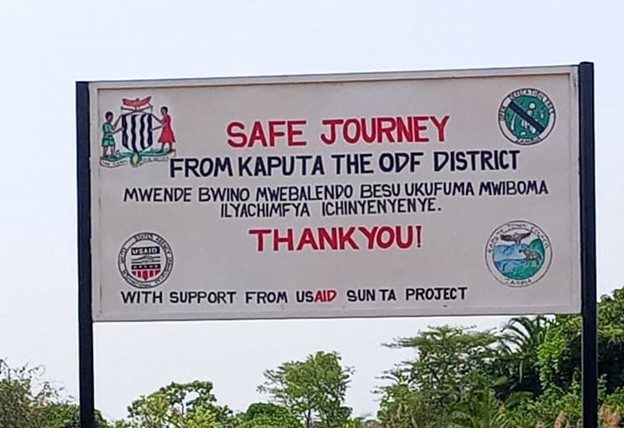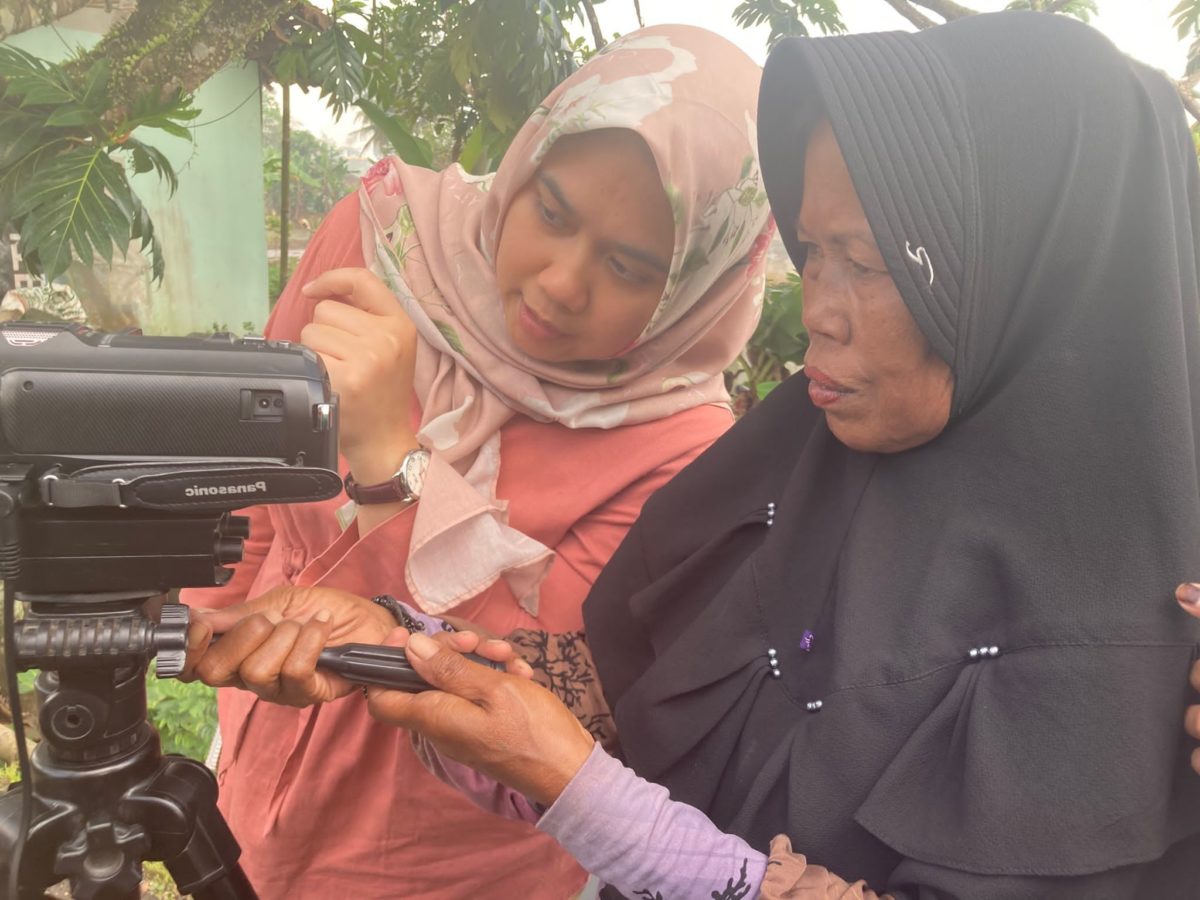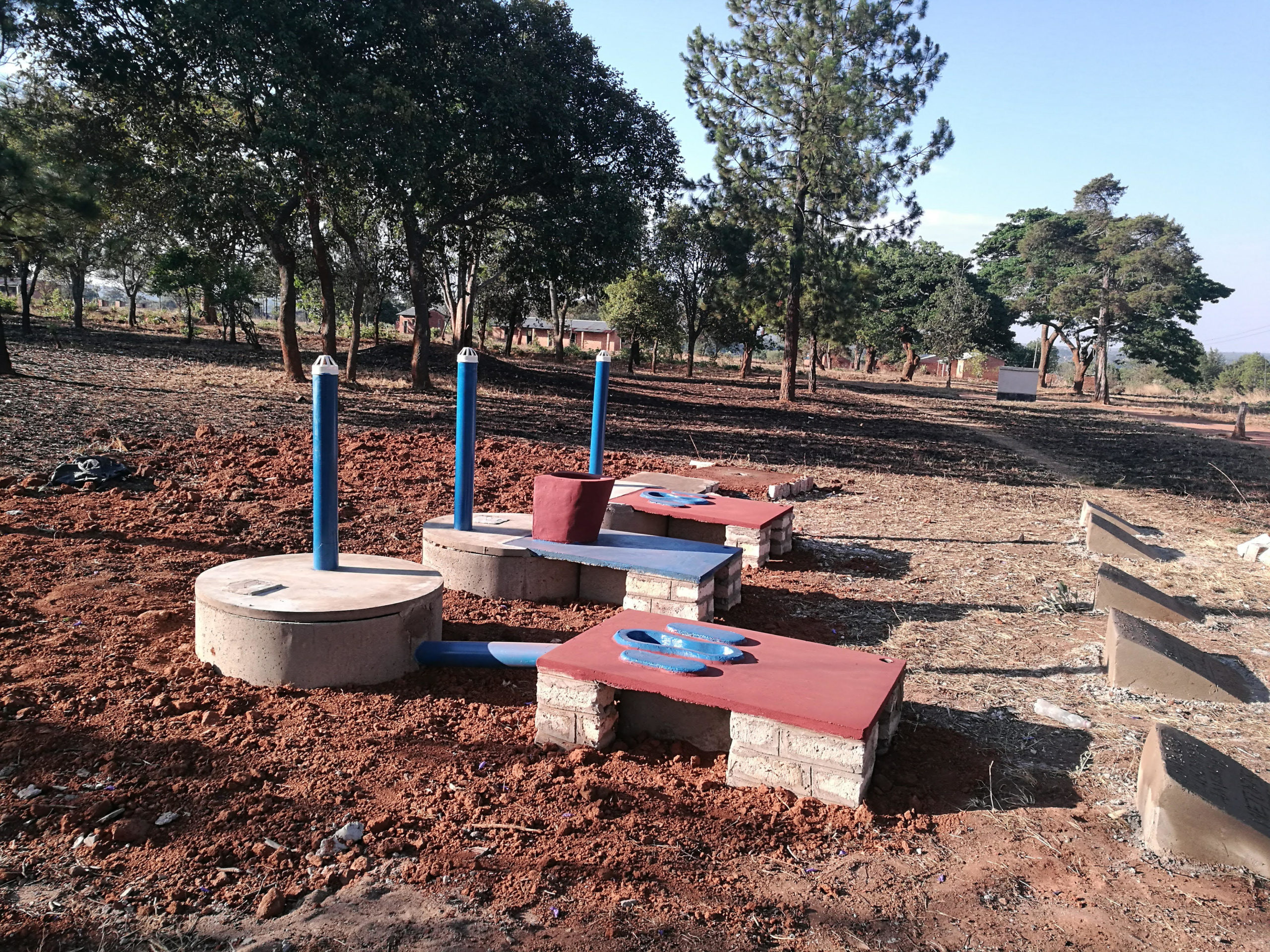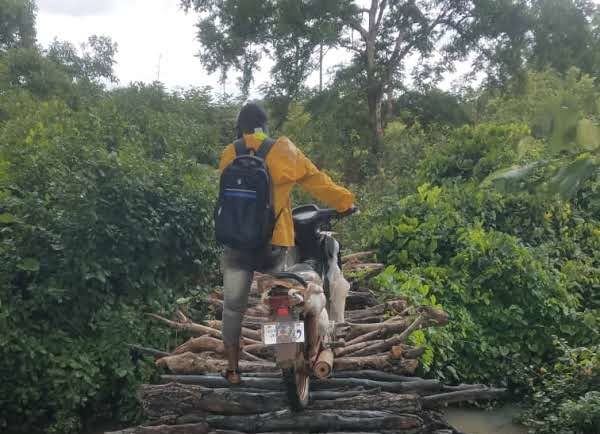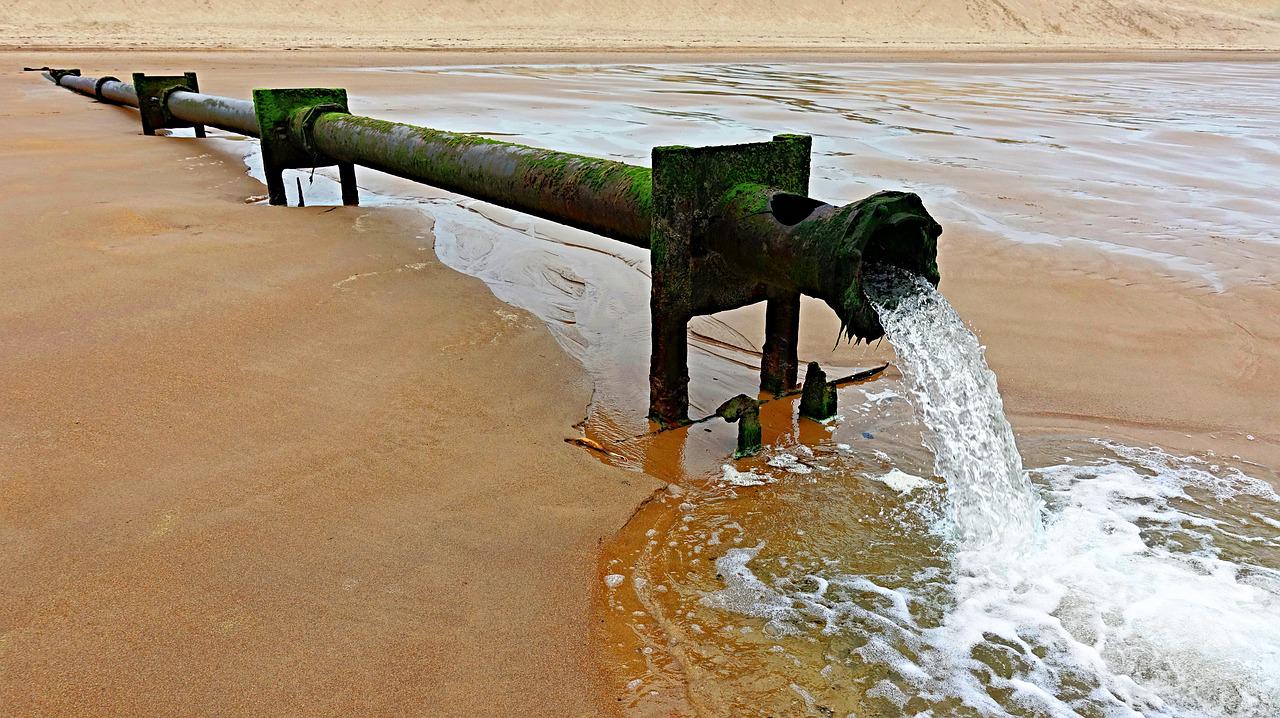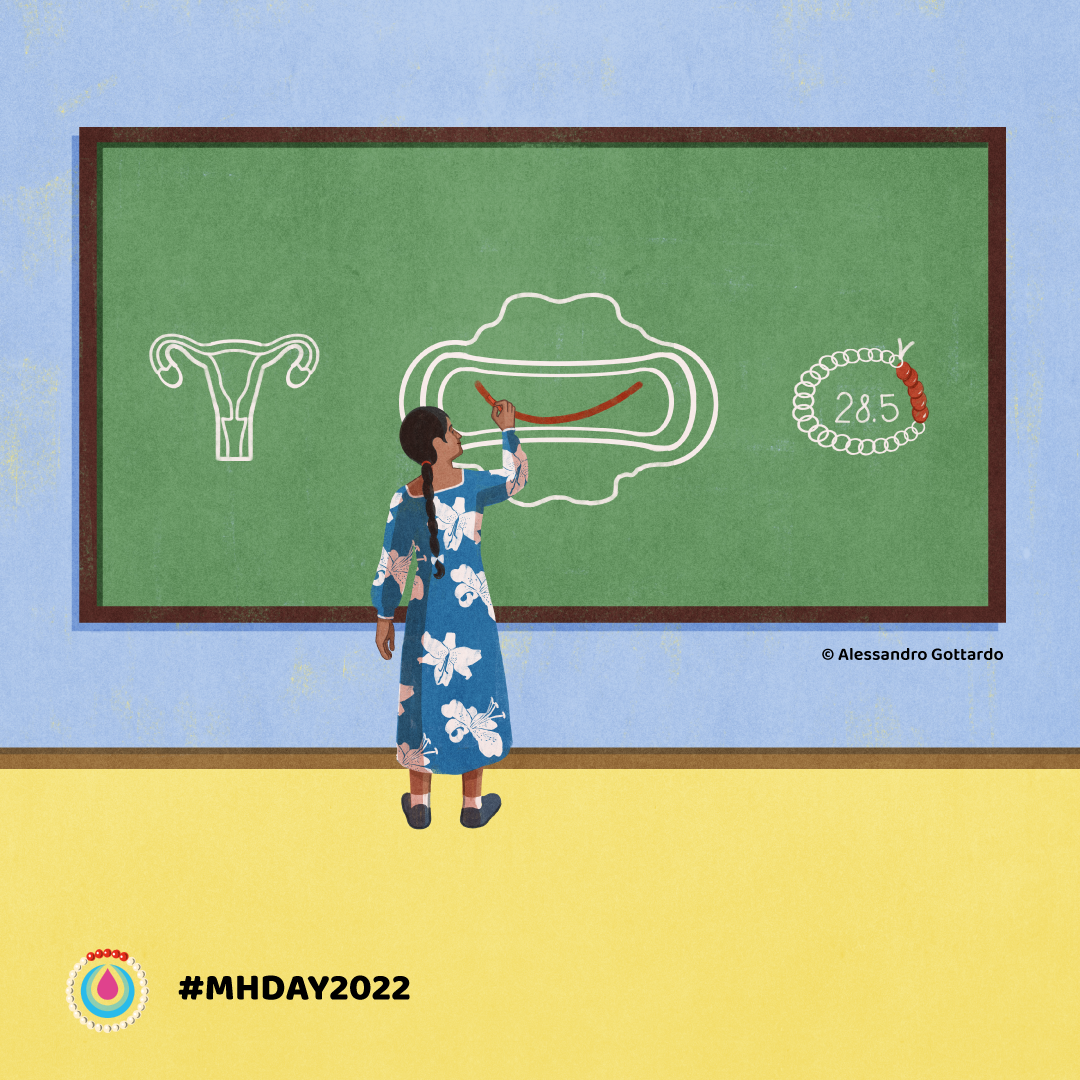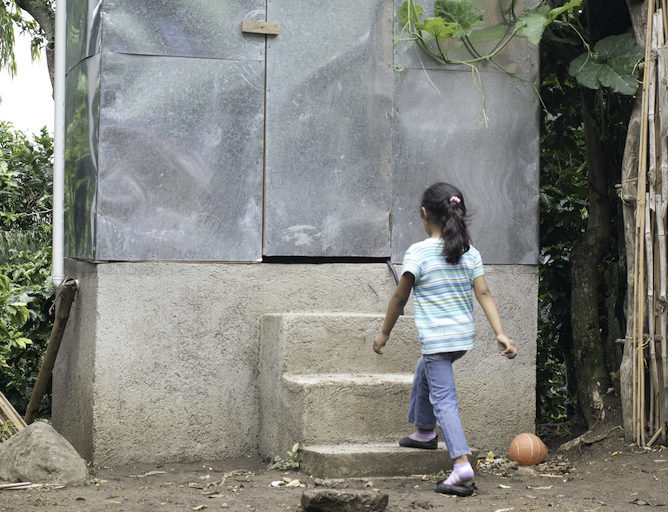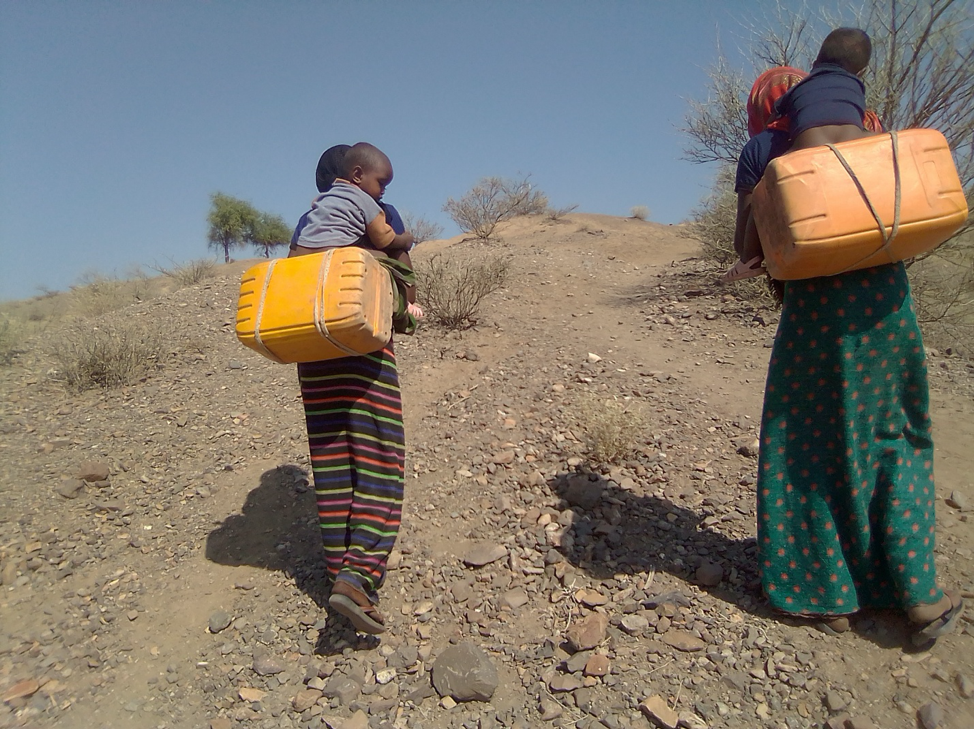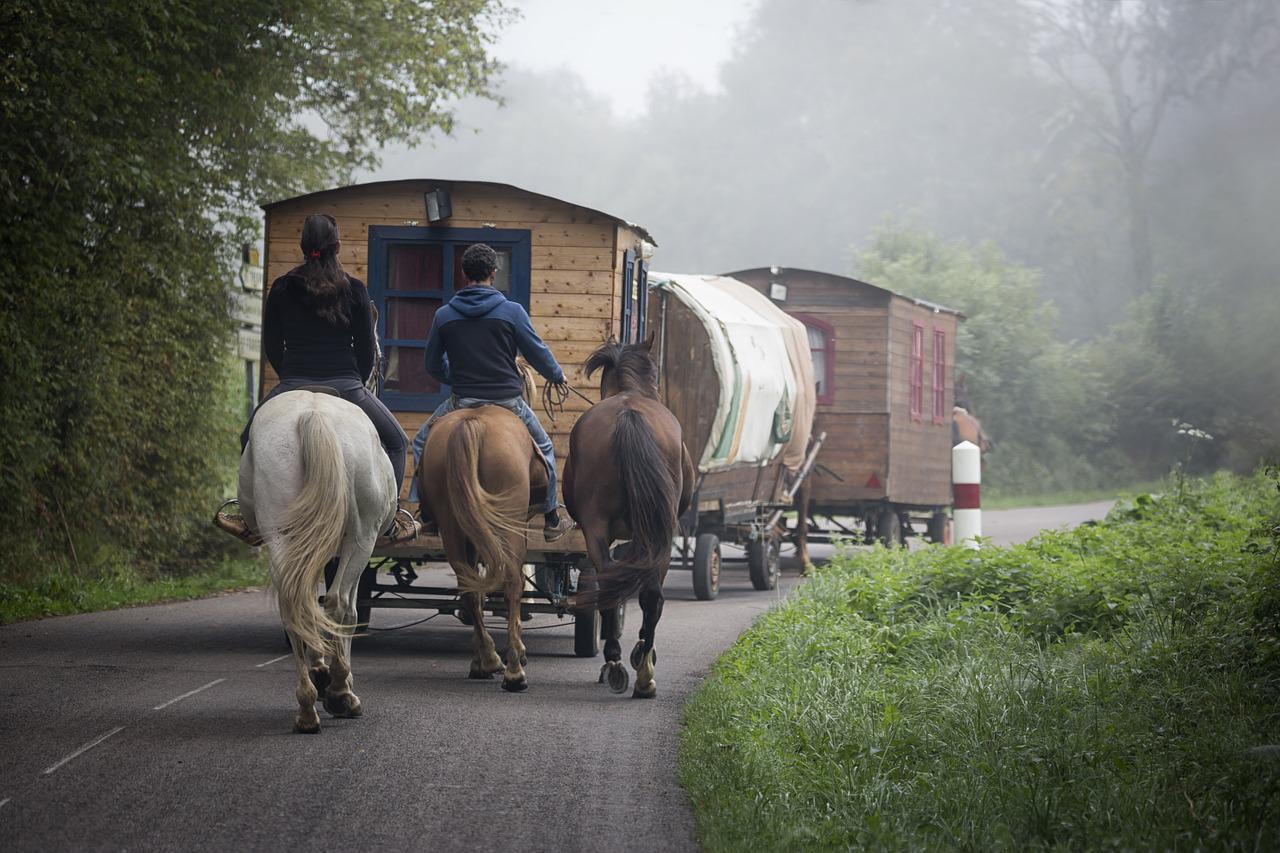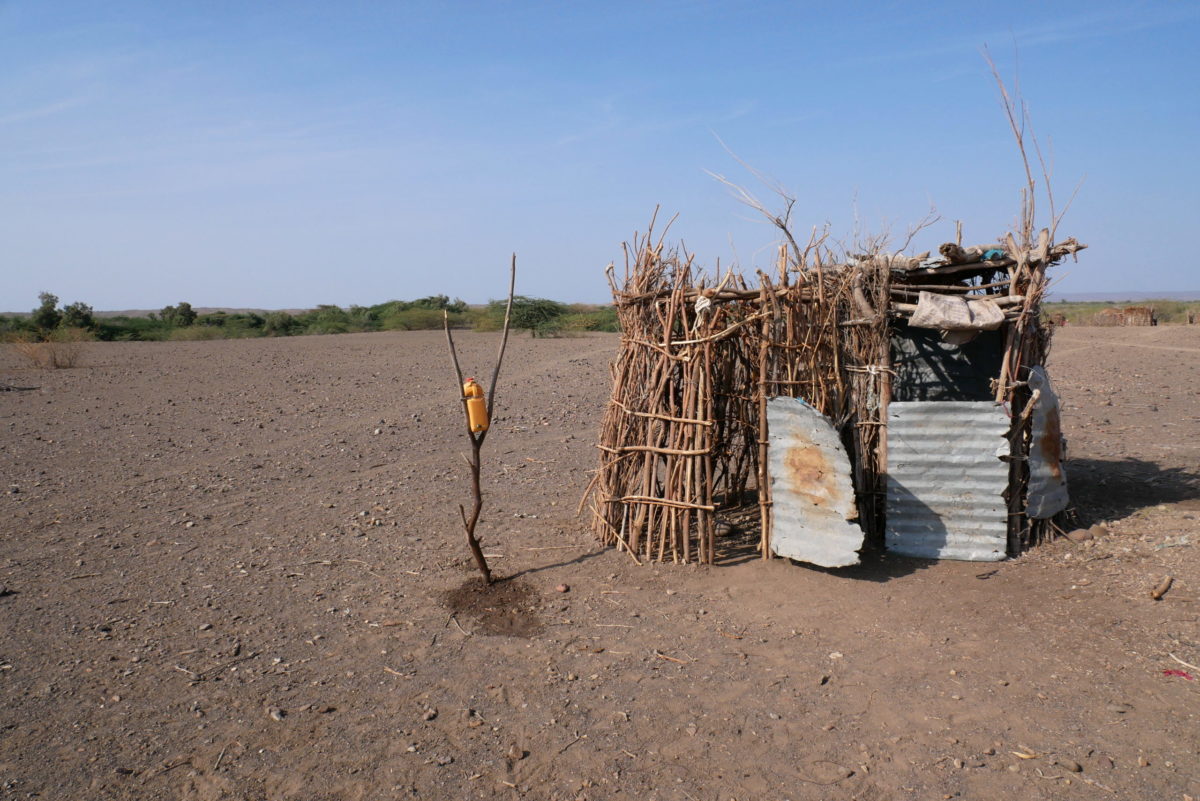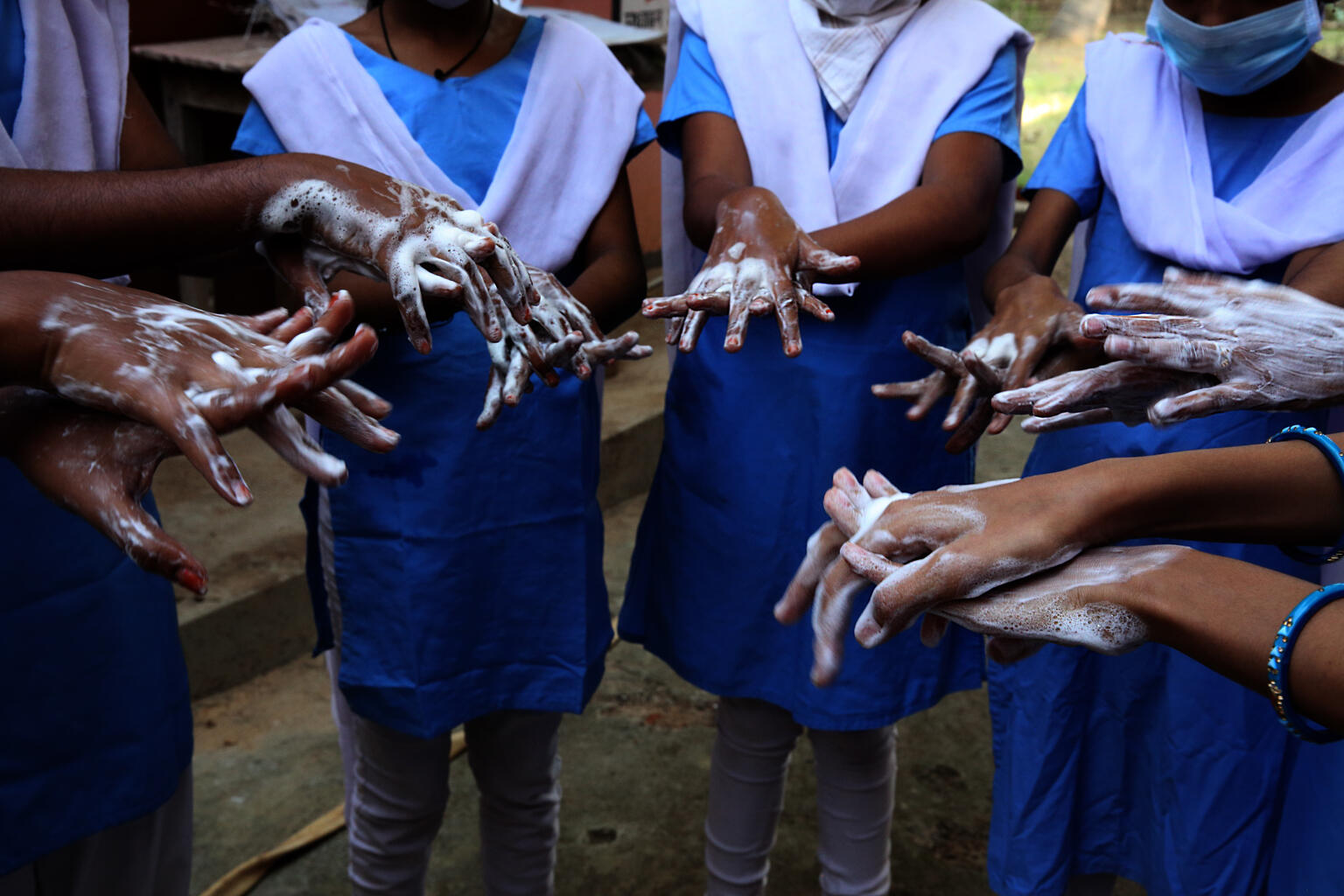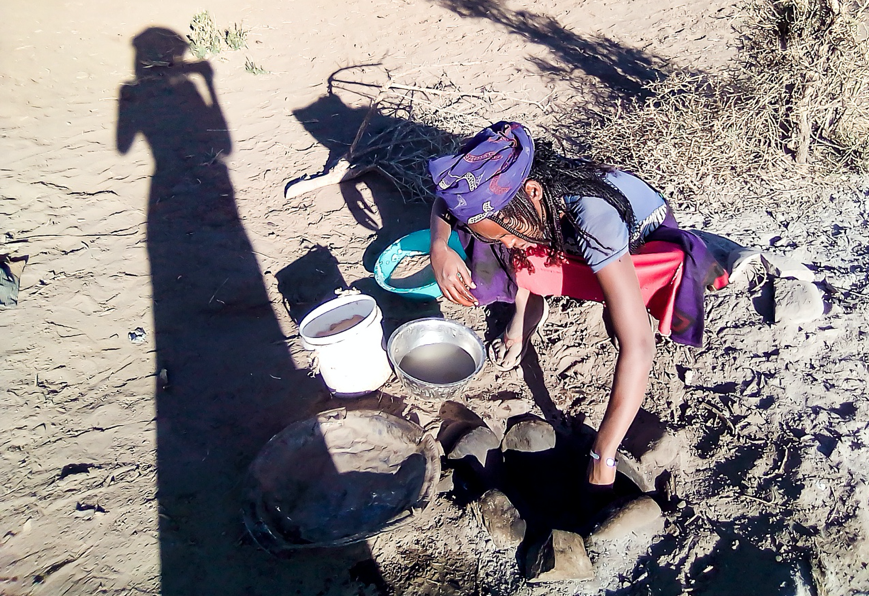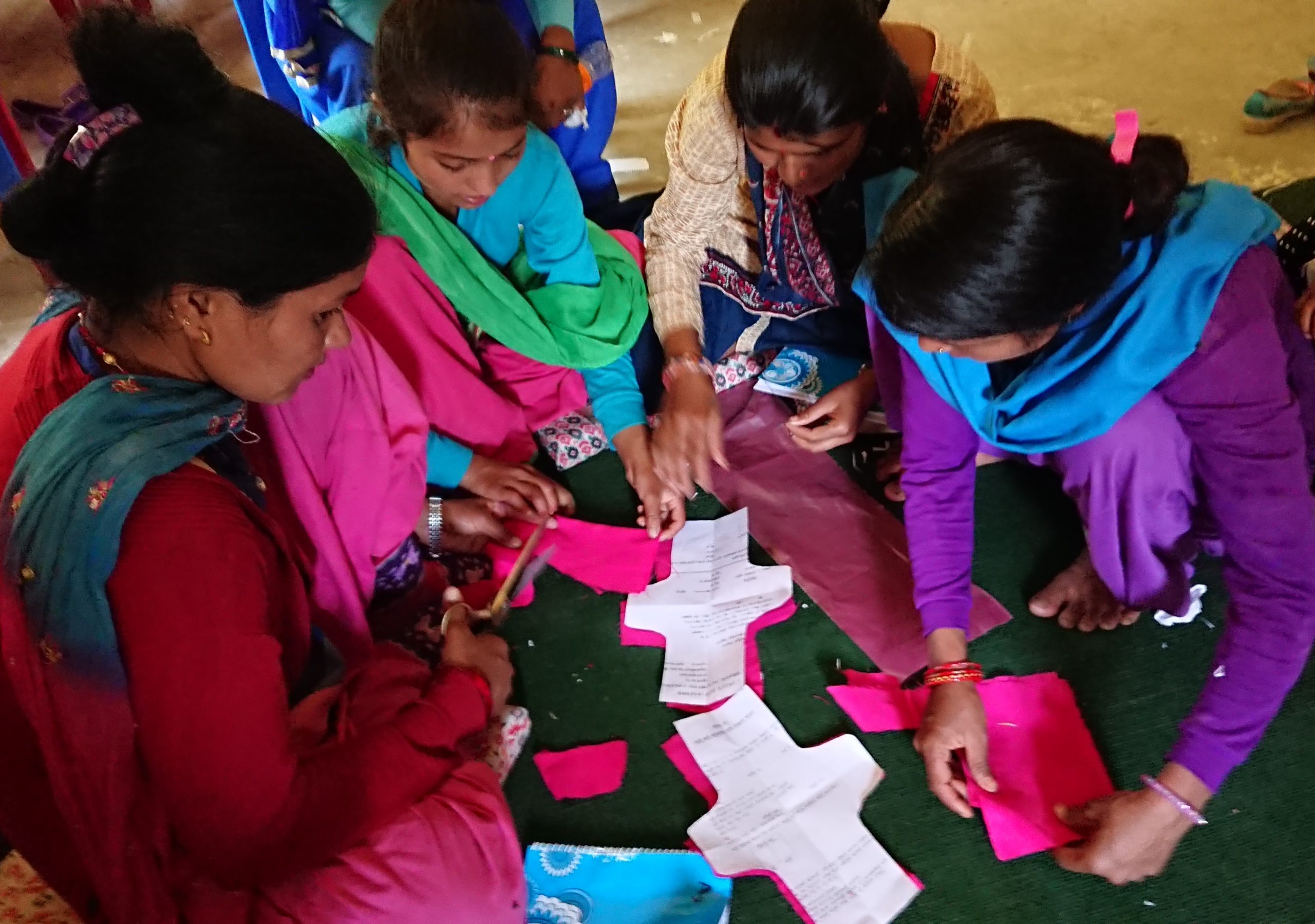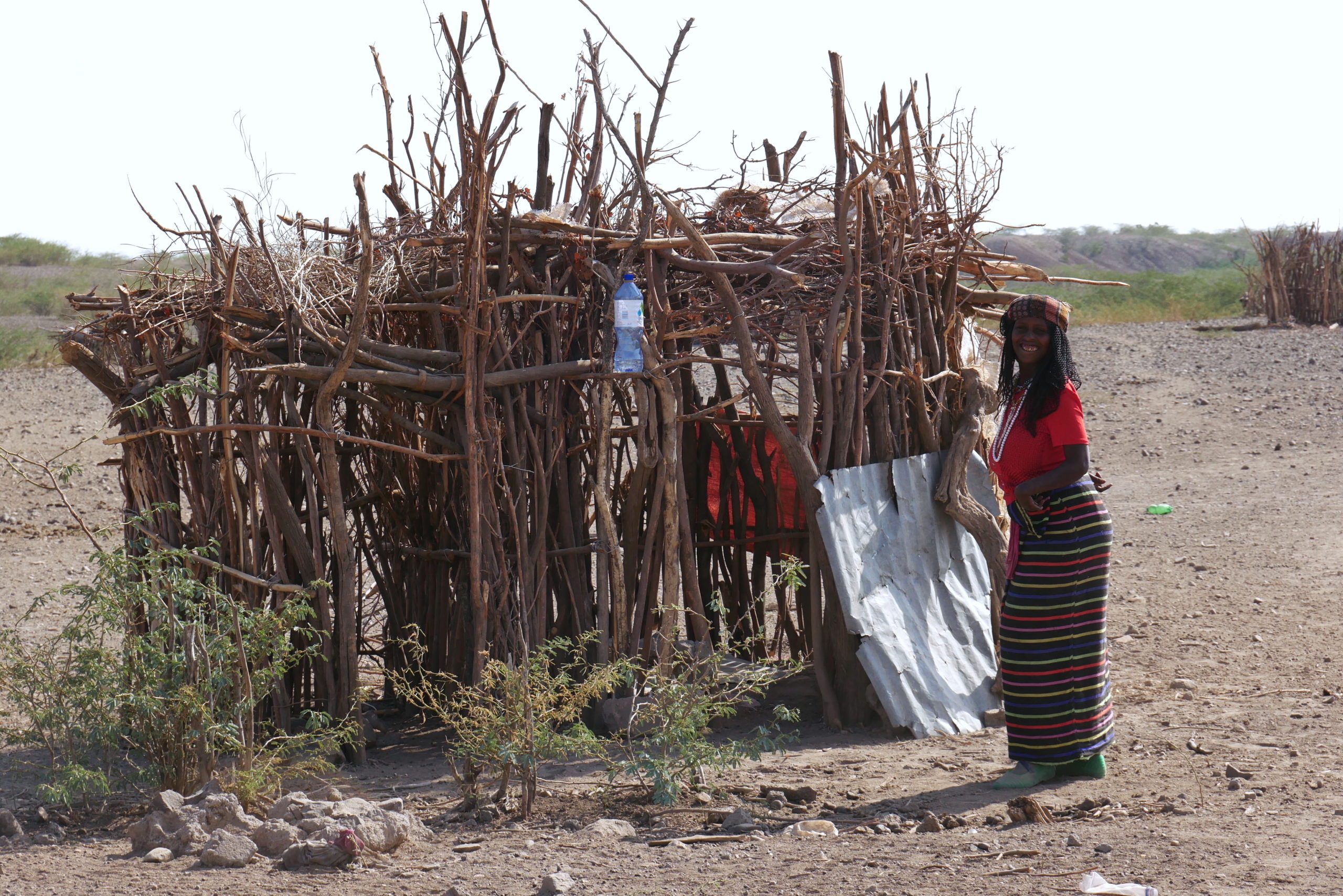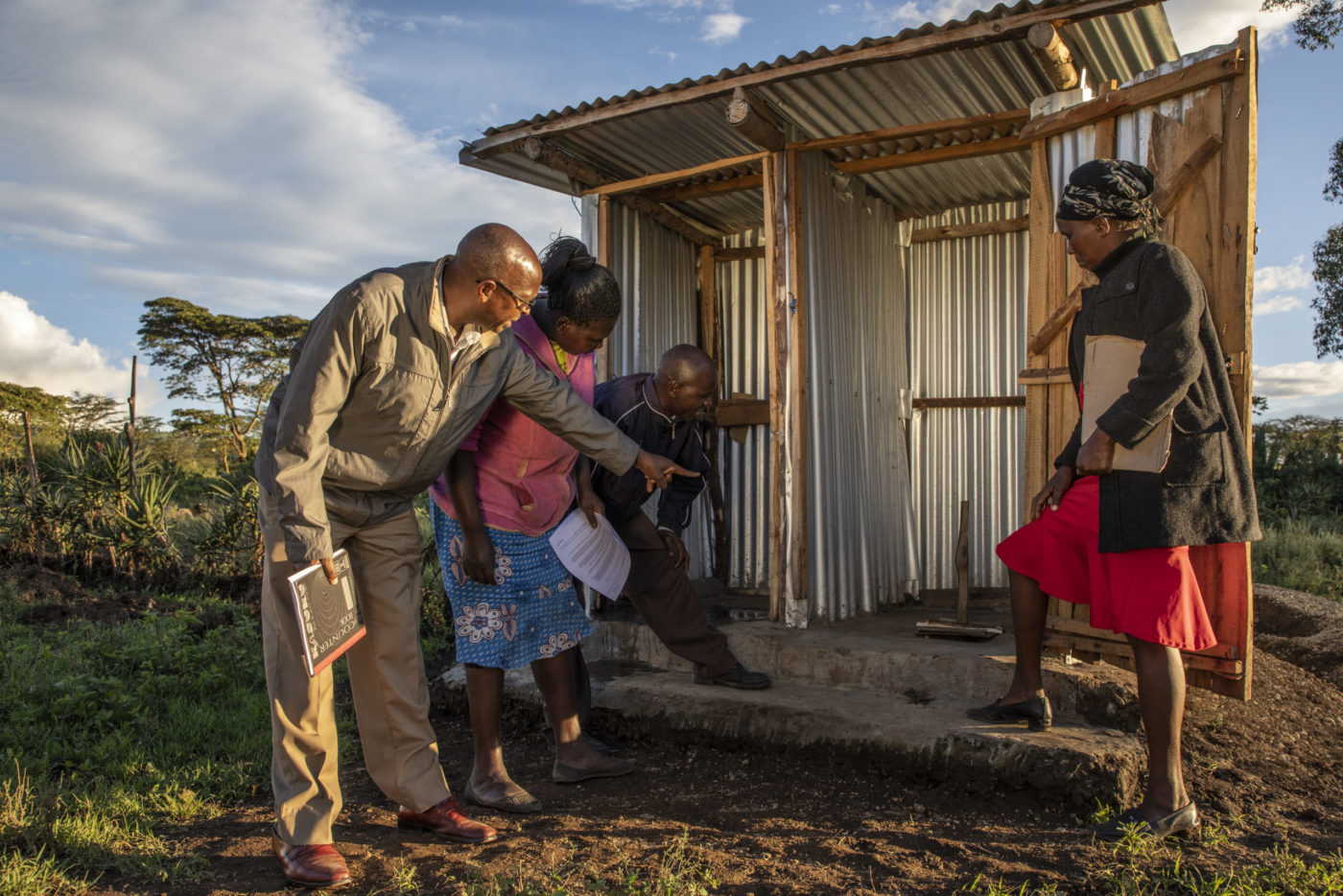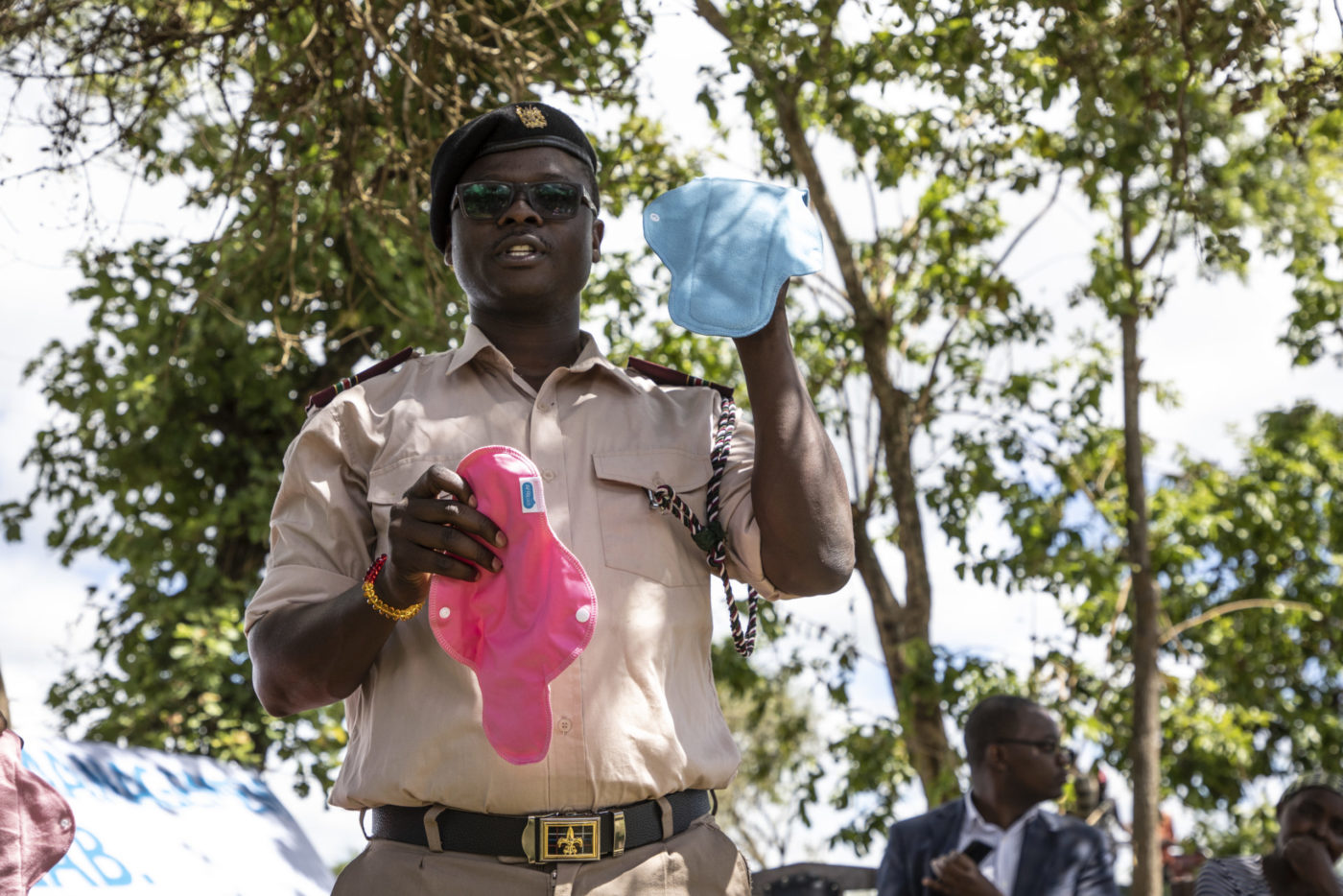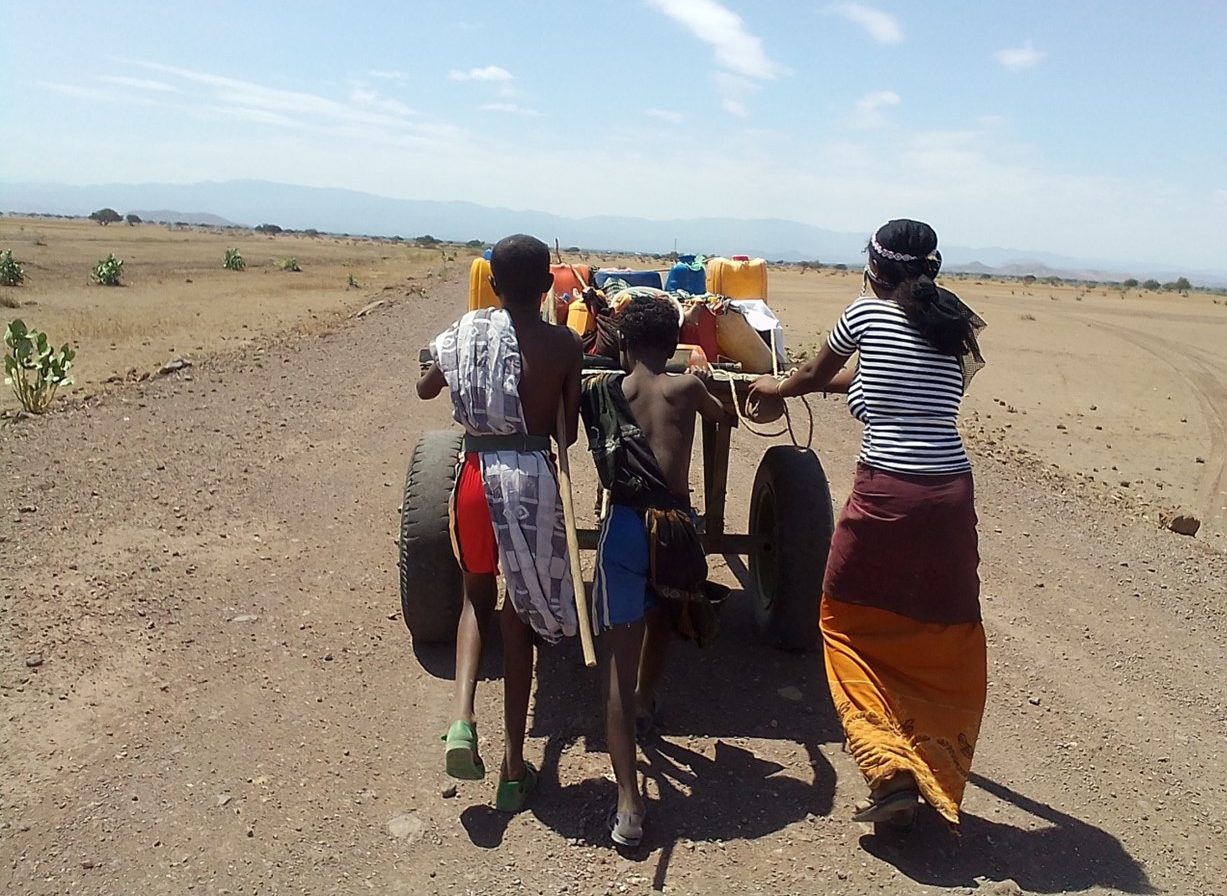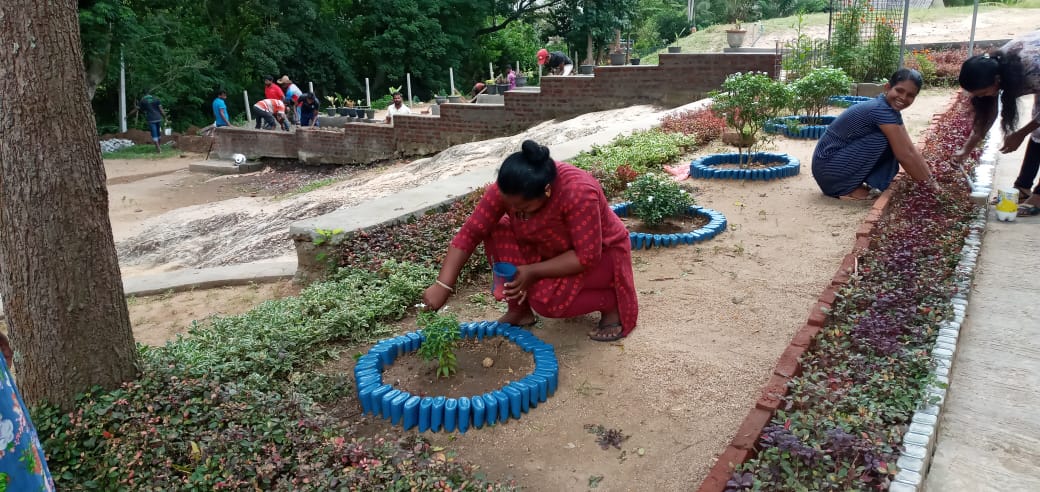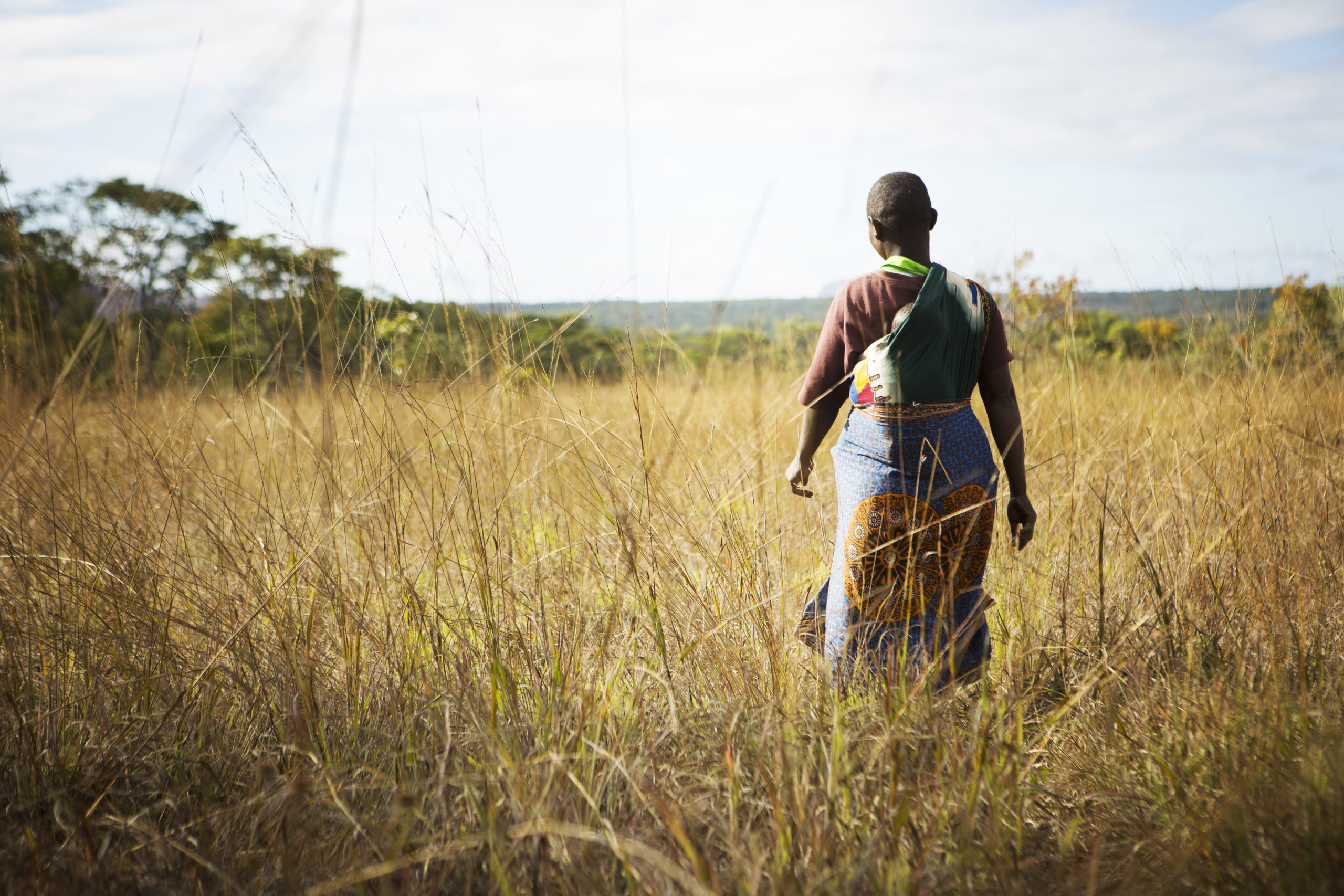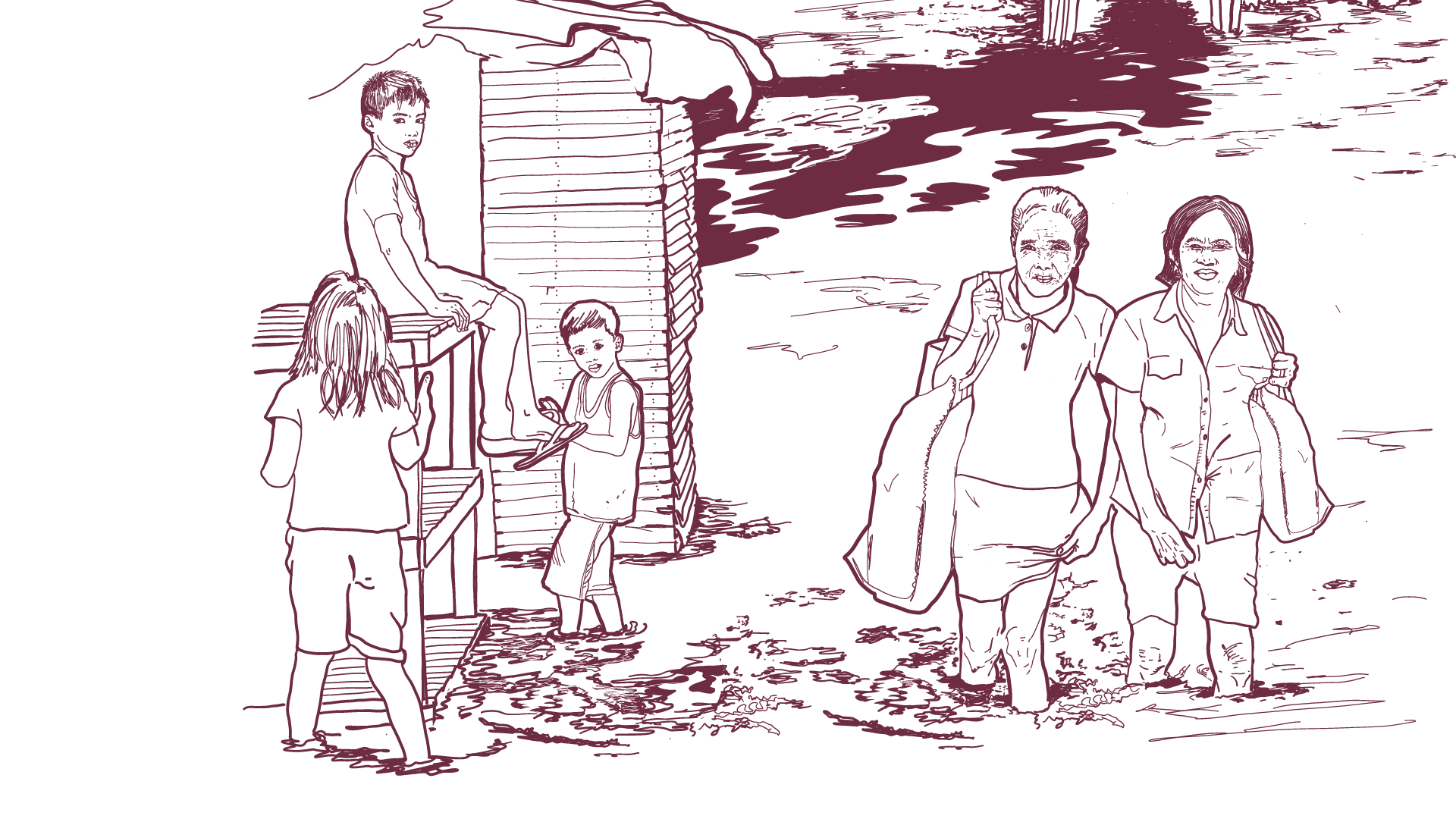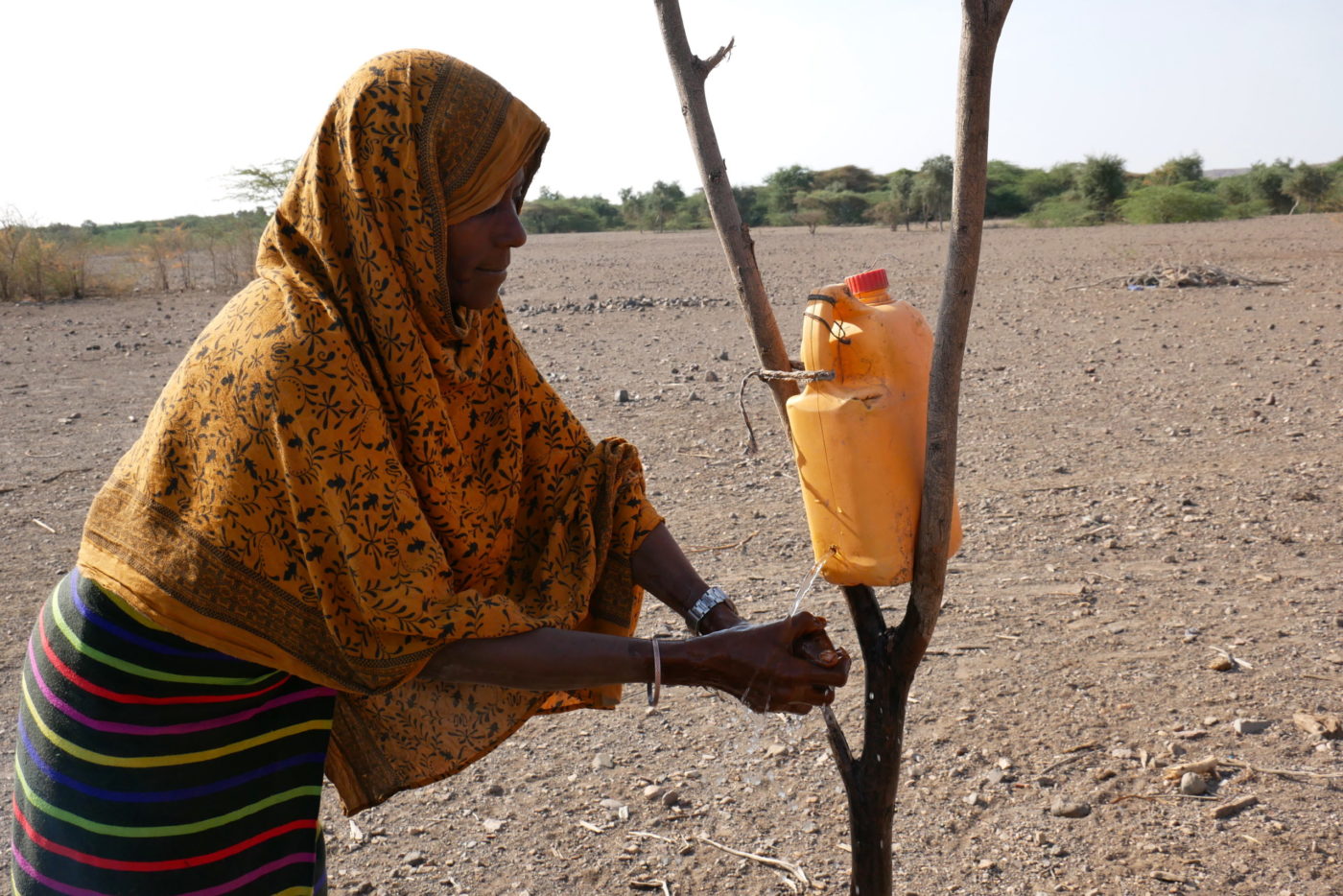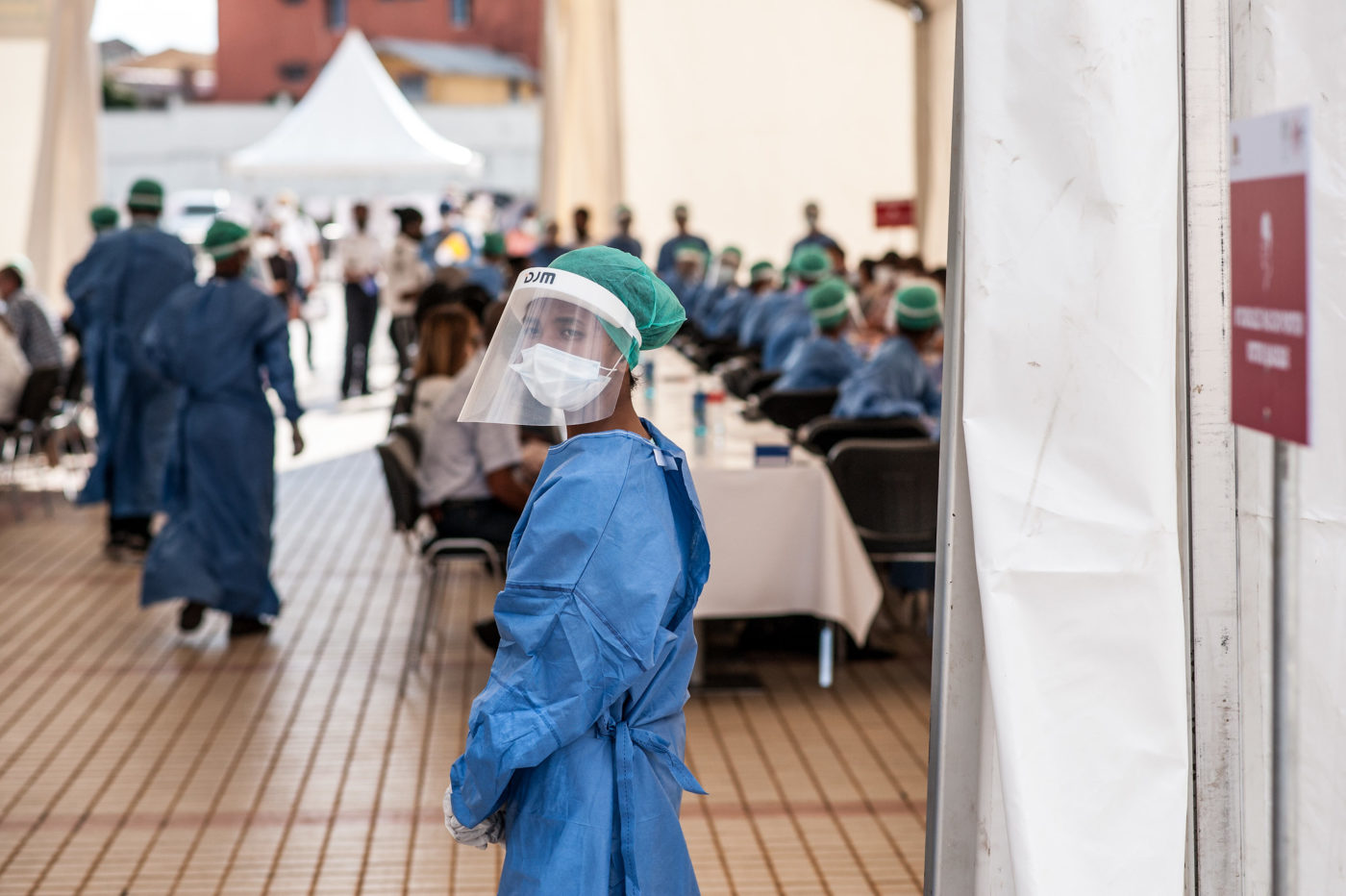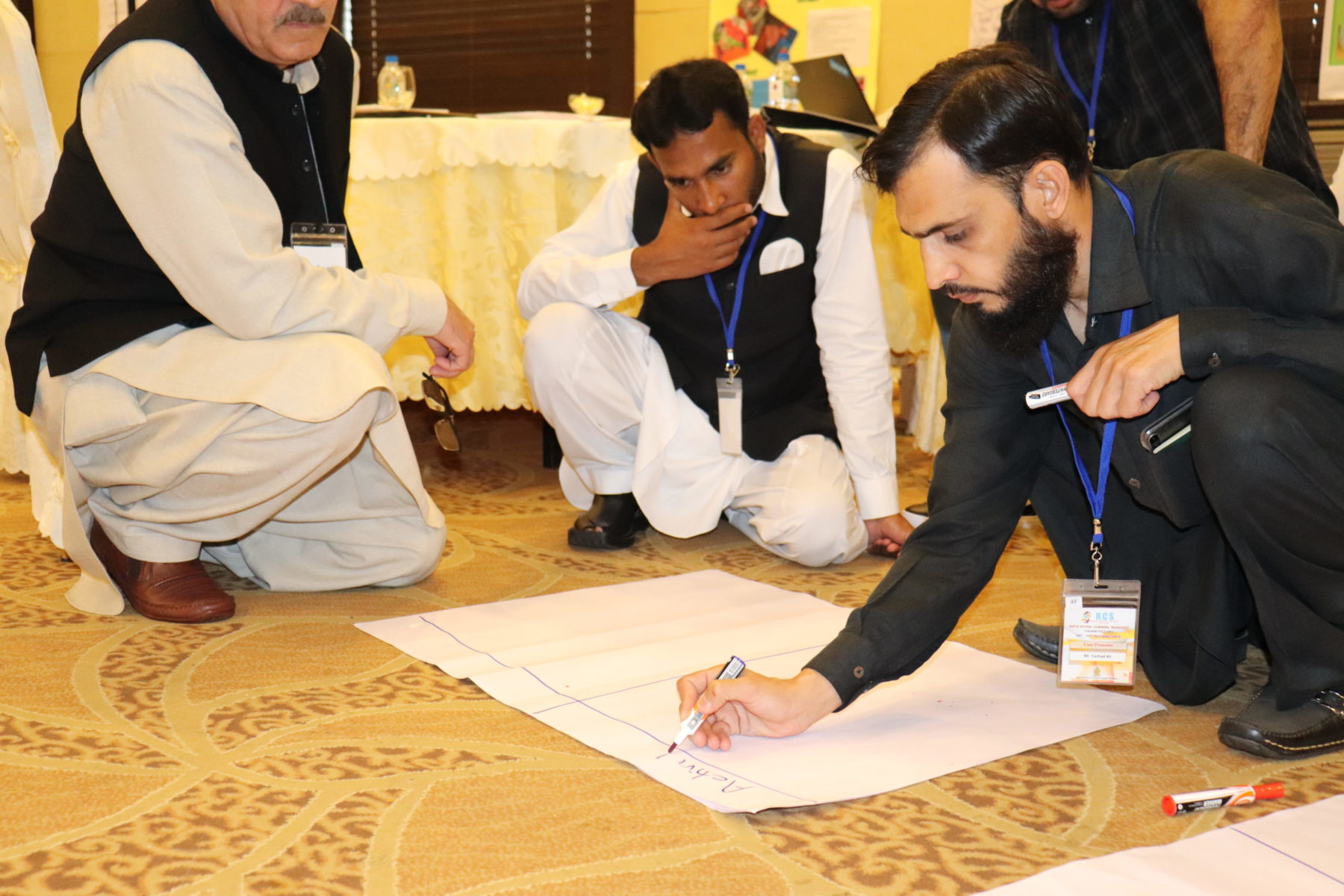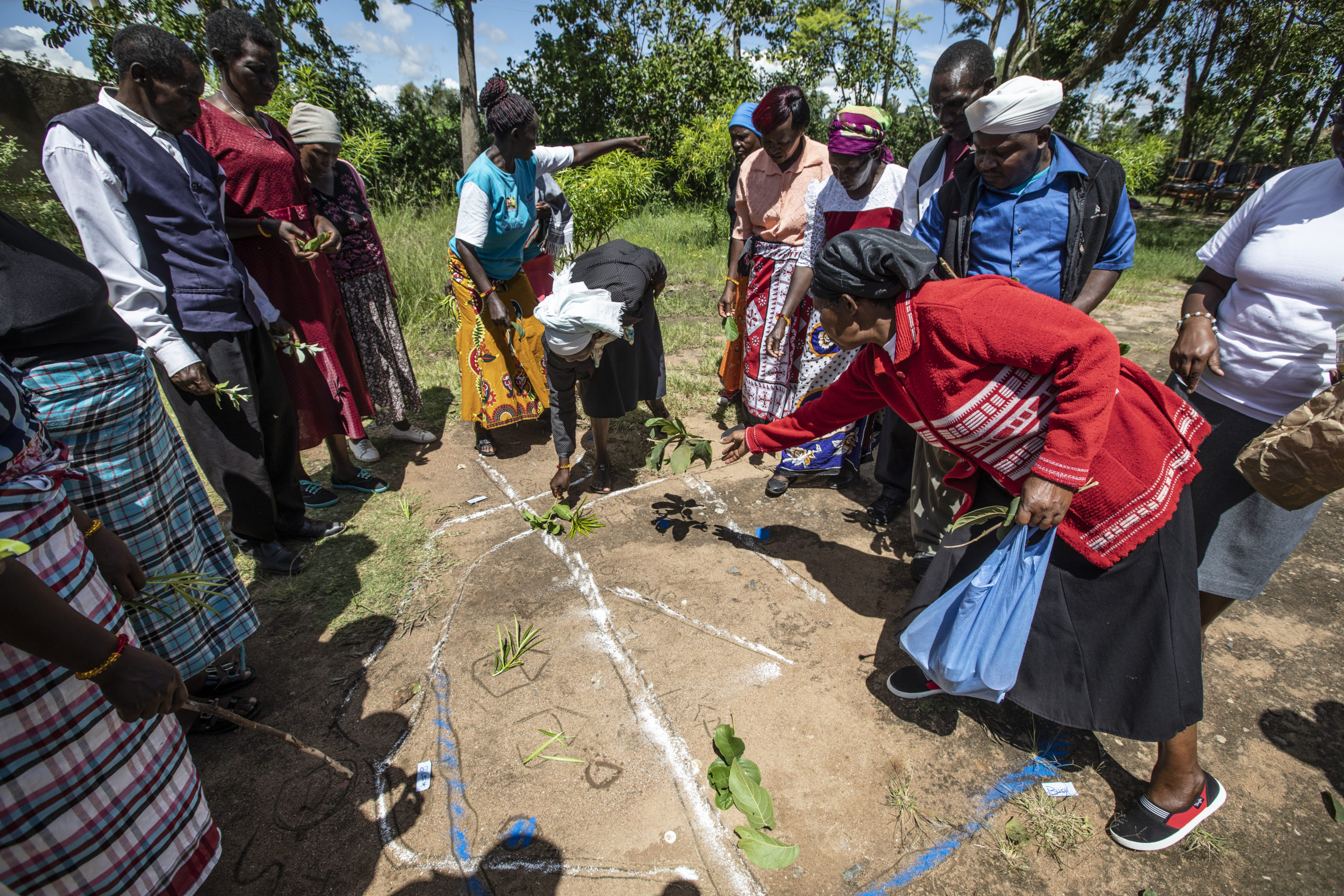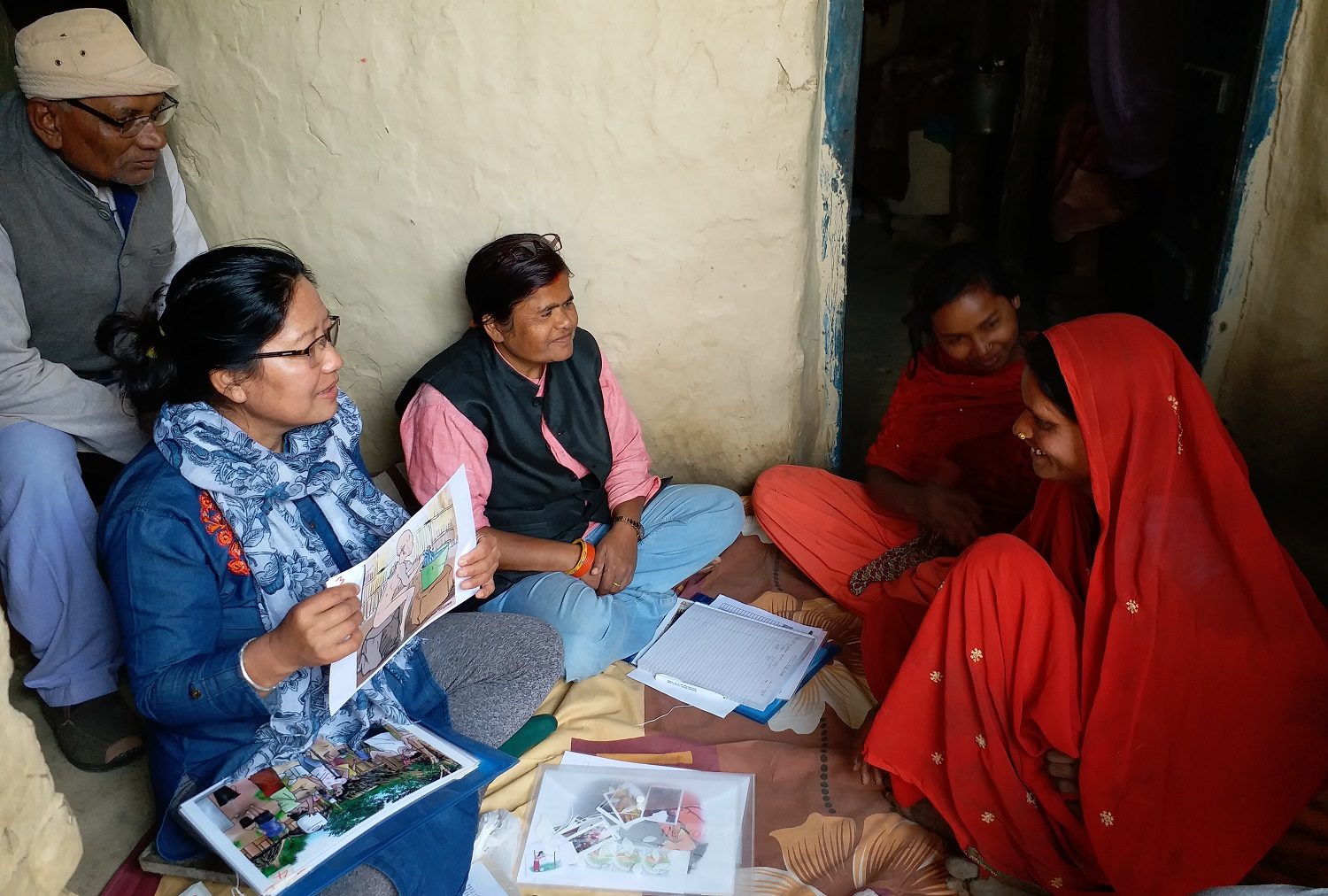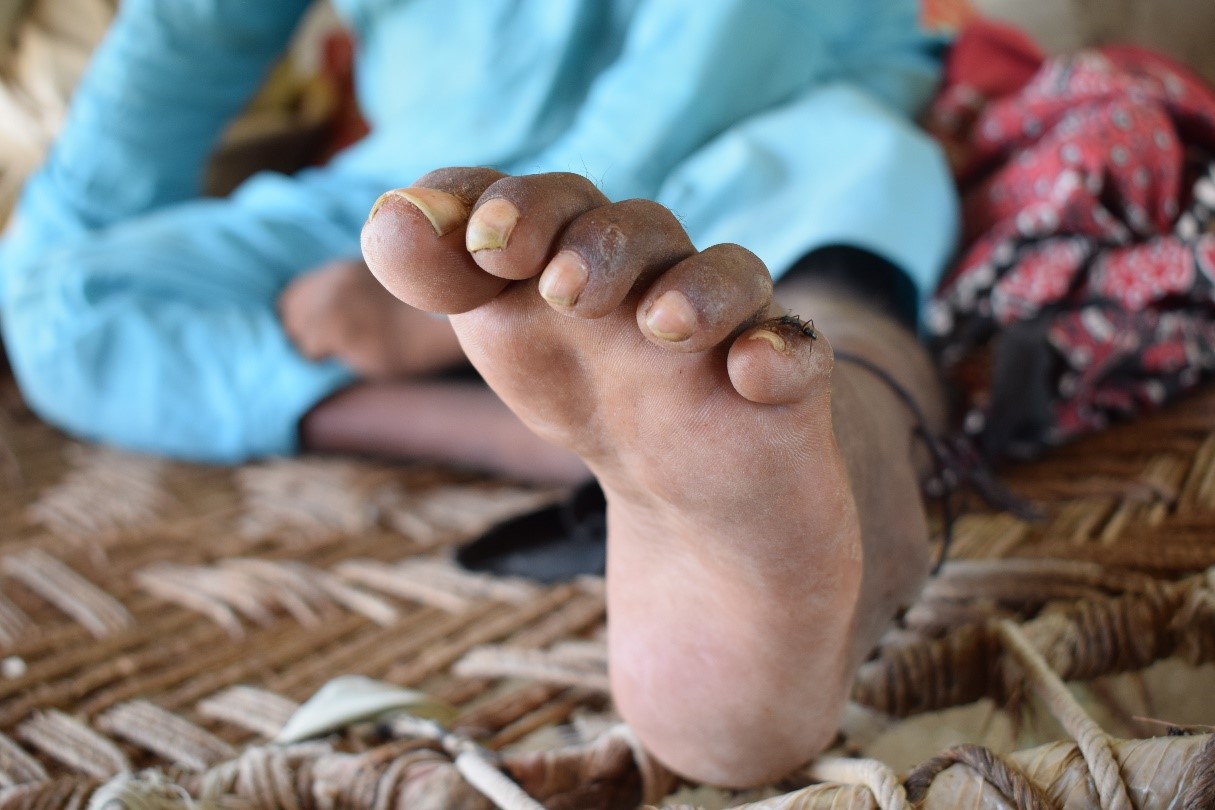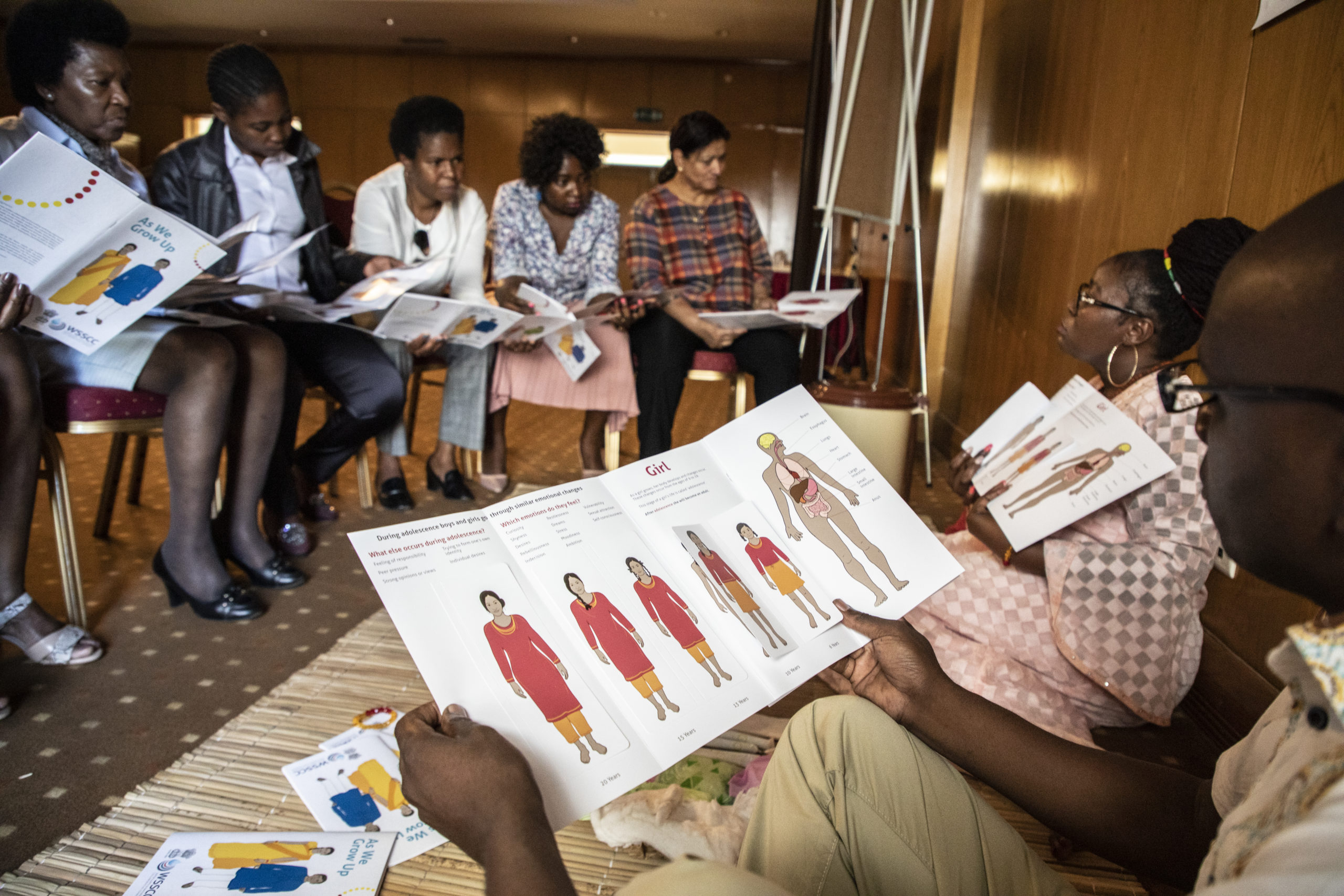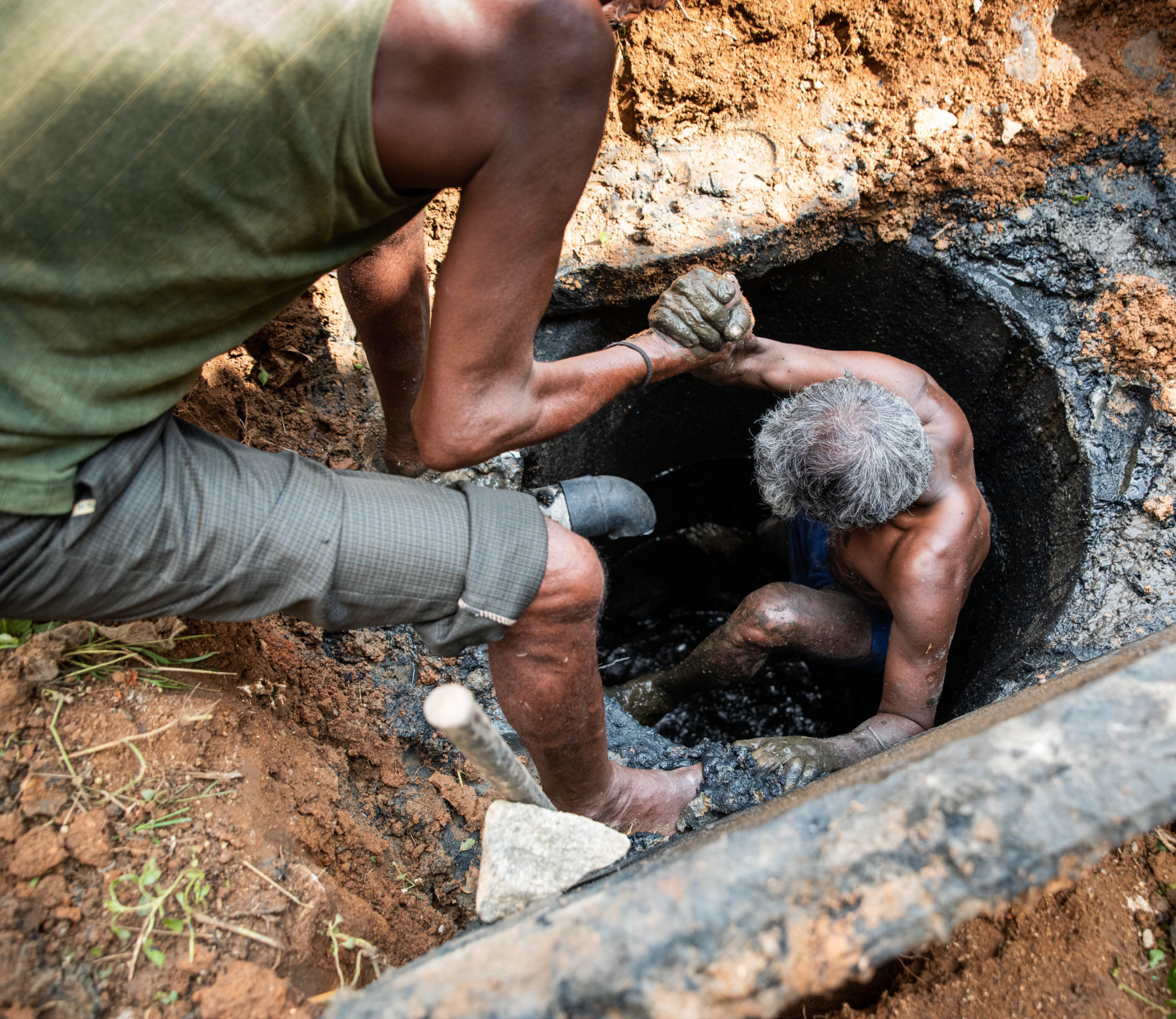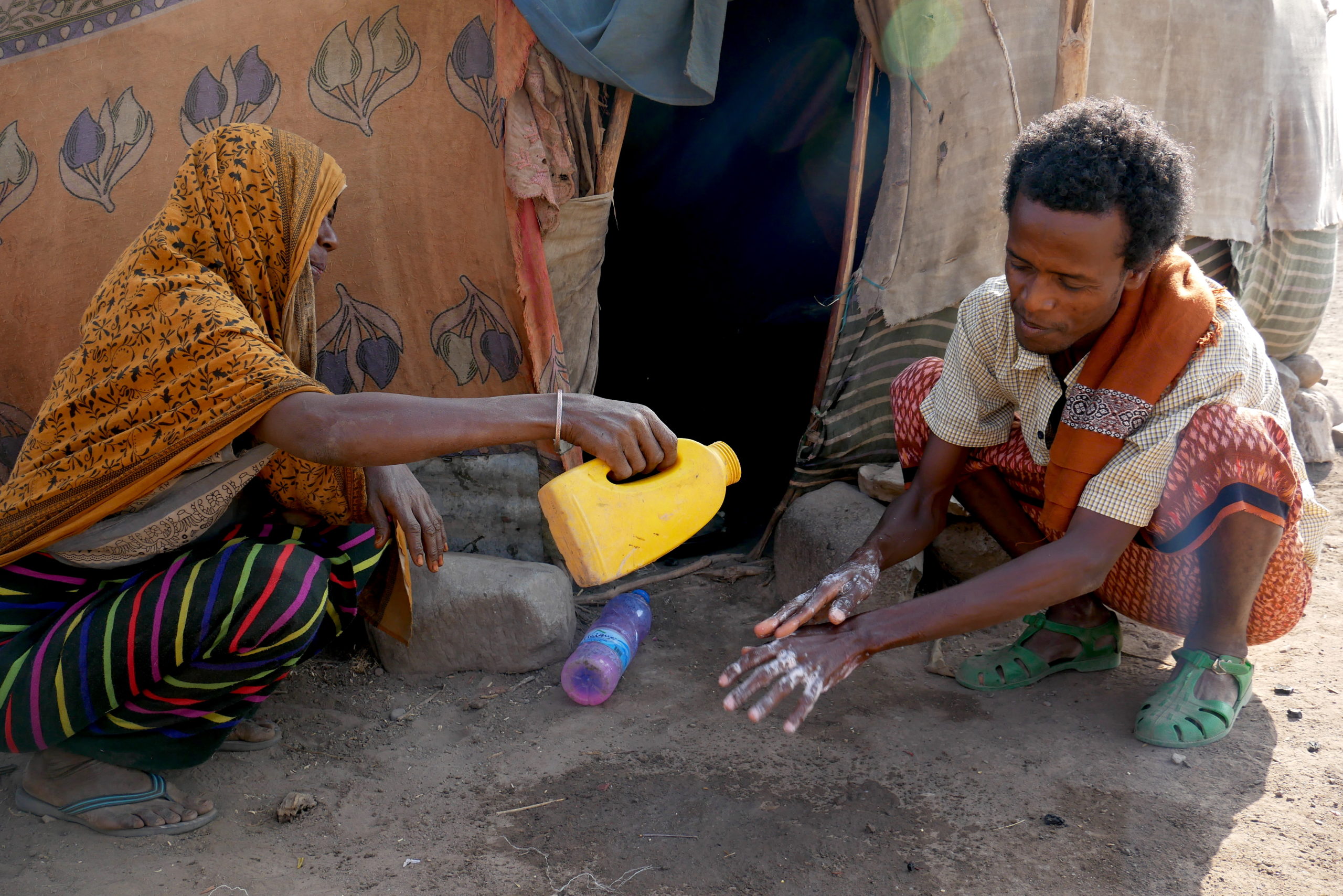
Blog


15 essential resources for sanitation financing approaches
In November 2022 the Sanitation Learning Hub (SLH) brought us together –...
Smart sanitation finance seven years on!
Seven years ago, our chapter “Promoting choice: smart finance for rural sanitation...
CLTS and sanitation marketing: experiences and learning from Malawi
In 2016, I co-authored a chapter on Community Led Total Sanitation (CLTS)...
Ethics and traditional leaders in sanitation demand creation
In 2021, traditional leaders in Kaputa district in Zambia were instrumental is...
Our highlights from 2022
In 2022 in-country partnership development has been a core priority, with an...
Lessons from sanitation marketing field experiences in Zambia
Our 2015 chapter, “Community-Led Total Sanitation (CLTS) and sanitation marketing: aspects to...
Reflections on privilege & inclusion as a Ghanaian development worker
Fresh from my undergraduate studies in 2012 at Ghana’s University for Development...
Time to get our shit together
Waterside communities are challenging contexts for sanitation programming. Sandy soils and high...
15 essential resources for sanitation financing approaches
In November 2022 the Sanitation Learning Hub (SLH) brought us together –...
Smart sanitation finance seven years on!
Seven years ago, our chapter “Promoting choice: smart finance for rural sanitation...
CLTS and sanitation marketing: experiences and learning from Malawi
In 2016, I co-authored a chapter on Community Led Total Sanitation (CLTS)...
Ethics and traditional leaders in sanitation demand creation
In 2021, traditional leaders in Kaputa district in Zambia were instrumental is...
Our highlights from 2022
In 2022 in-country partnership development has been a core priority, with an...
Lessons from sanitation marketing field experiences in Zambia
Our 2015 chapter, “Community-Led Total Sanitation (CLTS) and sanitation marketing: aspects to...
Reflections on privilege & inclusion as a Ghanaian development worker
Fresh from my undergraduate studies in 2012 at Ghana’s University for Development...
Time to get our shit together
Waterside communities are challenging contexts for sanitation programming. Sandy soils and high...
Doubling down on sanitation’s unfinished business: Scaling up rural sanitation in challenging contexts and changing climate
Accelerating progress in rural sanitation towards SDG 6 is possible. India’s Swachh...
Designing responsive solutions: Using evidence in area-wide programming
Accelerating progress in rural sanitation towards SDG 6 is possible. India’s Swachh...
Addressing menstrual health in Bangladesh
Globally, Menstrual Hygiene Management (MHM) is one of the most common terms...
Traditional leaders’ role in sanitation: Lessons from Kaputa, Zambia
Among other programmes, Zambia is rolling out interventions that are aimed at...
Sustained sanitation: How community organisations get shit done
Community-led sanitation initiatives are recognised and, to varying degrees, successful ways of...
Gender equality, nutrition & WaSH in pastoralist communities
In 1985, the global community convened in Nairobi to review and examine...
Human rights, discrimination and sanitation: A precarious reality for Travellers
About the author: Regan John is a Masters student at the University...
Levers of change for local government leadership in sanitation
The Sanitation Learning Hub (SLH) led research on local government leadership in...
Developing guidance for rural sanitation in challenging contexts
The Sanitation Learning Hub, WaterAid and UNICEF are collaborating on an evidence-based...
More than 6.2: Highlighting WASH in other SDGs
Research published by UCL in 2021 highlighted synergies between sanitation and all...
Participatory action for nutrition & WASH with pastoralist women in Afar, Ethiopia
It is fair to say that including significant community engagement in development...
New ideas to break through menstruation taboos in Nepal
In remote areas of Sudurpaschim and Karnali, Nepal, long traditions of taboos...
Assessing our own gender equality and social inclusion credentials
Earlier this year, the Sanitation Learning Hub team published a call for...
Integrating quality improvement approaches in health centres’ sanitation and hygiene promotion in Omoro District, Uganda
Poor WASH services compromise the ability to provide safe and quality healthcare,...
SDG 6 in 2021: K-shaped development?
The Joint Monitoring Programme (JMP) of UNICEF and WHO has released the...
Prerakhs’ reflections on Community Leave No One Behind approach
Last year WSSCC’s India Support Unit piloted a new participatory approach called...
Translating face-to-face participatory workshops to an online setting
COVID-19 has changed the way many of us work all over the...
Call a period a period: Exploring the language and knowledge of menstruation
Period stigma and language Shame and stigma around menstruation are universal. Inappropriate, incomprehensible or...
Empowering pastoralist women in Afar region, Ethiopia: the value of photovoice in Covid-sensitive research
There’s much that can be said about the intersection of poverty, gender...
Empowering marginalised youth for WASH in Sri Lanka
Amid the 2nd wave of COVID-19 hit Sri Lanka, the Youth Health...
Making progress towards inclusive sanitation and hygiene for sexual and gender minorities
As we move closer to the 2030 target for sustainable and safely...
Women’s empowerment through sanitation in rural India
One of the biggest sanitation challenges India is facing is to provide...
Making sanitation and hygiene safer: reflections 5 years on
In 2015 SLH published ‘Making Sanitation and Hygiene Safer: Reducing Vulnerabilities to...
Addressing climate risks for sanitation: Building from what we know
Climate change has emerged as a leading concern in the sanitation sector....
How can we improve handwashing for good?
COVID-19 has shone a spotlight on the importance of handwashing with soap,...
Responding to COVID-19 through comprehensive WASH interventions: Experiences from two Indian states
Since 2015, the Aga Khan Foundation (AKF) has been implementing a flagship...
COVID-19 in India and inequality in access to water, sanitation and hygiene
On January 30th 2020, the World Health Organisation (WHO) declared the present...
Turning learning and sharing into action at scale
This blog is the last in a series of five on the...
What prevents us learning and translating it into action at scale?
This blog is the fourth in a series of five on the...
Behind the scenes: Creating the new SLH website
After years of work on Community-Led Total Sanitation, the time had come...
Learning peer-to-peer for sub-national and field level actors
This blog is the third in a series of five on the...
Words fail us: Racism in international development publishing
This post originally appeared on Engineering for Change. Earlier this year, we...
Innovative approaches for inclusive community learning
In this blog I share some innovative approaches used for inclusive learning...
“Learning about learning” in the sanitation and hygiene sector
A few months ago, I was pleased to undertake a rapid topic...
Looking through the lens to leave no one behind: using the photovoice method in WASH
In this blog, I provide some lessons learned from using a method...
It’s time to address inequalities in menstrual health and hygiene
On any given day, 300 million people around the world will be...
Safety of sanitation workers should not be overlooked
While the Covid-19 pandemic has driven many of us into our homes...
Covid-19 in low-income countries – we need rapid learning about effective handwashing initiatives
Frequent and proper handwashing with soap is one of the most important...
Water, sanitation and hygiene in arid and semi-arid lands: What can we learn from the DREAM ASAL Conference 2019?
From 29th September to 3rd October the DREAM ASAL (Development of Resilience...
Why are support mechanisms in rural sanitation programming important?
In this blog I give recommendations for introducing additional support mechanisms into...
Nine ideas for gender transformative WASH programming
Since this blog was published in 2019, the Sanitation Learning Hub have...
Practitioner tips: transforming harmful gender norms in WASH with traditional leaders
In many parts of the world, and in Africa especially, traditional leaders...
Crossing continents: what can India and Africa learn from each other?
These reflections have been provoked by two occasions. The first was in...
Blog 3 of 3: Accelerating improved sanitation in Africa through market based approaches
Last November UNICEF’s West and Central Africa Regional Office, Supply Division and...
Blog 2 of 3: Sharing the SHAWN Project Experience in Nigeria
Last November UNICEF’s West and Central Africa Regional Office, Supply Division and...
Blog 1 of 3: Opportunities for market shaping in West and Central Africa
Last November UNICEF’s West and Central Africa Regional Office, Supply Division and...
Challenging gender norms to achieve sustainable sanitation
At the beginning of 2018, the CLTS Knowledge Hub based at the...
Reduction of stunting by CLTS in Mali: a case study to learn from
Mali is renowned as the location of the one of the few...
The last mile: ‘If you don’t know where you’re going, any road will get you there’
During the East and Southern Africa Regional Rural Sanitation Workshop organised by...
What has worked for Bangladesh?
Over the past two decades Bangladesh has achieved significant successes around national...
Innovating sustainable handwashing practices for Global Handwashing Day
Admitting something isn’t working as well as you had hoped is challenging...
Leaving no country behind: Niger – a personal insight
Niger is an incredible country, the largest (by area) in West Africa,...
An ongoing conversation: support versus subsidies for the most vulnerable
In the era of SDGs it is clear that there are no...
No more ‘pity’ in ‘pit emptying’!
‘Frankly speaking, earlier I had reservations about pit emptying and always considered...
Discovering sanitation realities through rural immersions
At the end of last year the CLTS Knowledge Hub heard that...
Making shit a commodity: finding a fortune at the bottom of a leach pit
Leach pit emptying events should not remain stand-alone activity. Forward and backward...
India’s rural sanitation: from lose-lose to win-win
Prime Minister Modi has set the 2nd October 2019 as the target...
Chickens don’t use toilets – why global WASH efforts should start focusing on animal feces
Those who have tried toilet training a pet dog or cat know...
Monitoring and evaluation – moving beyond the data graveyard
Monitoring and evaluation (M&E) has long been considered a necessary companion to...
Enhancing collaborative behaviours to achieve the SDGs
Looking at achieving the sustainable development goals, Sanitation and Water for All...
CLTS in the Solomon Islands – the word is spreading…
The Solomon Islands has a reputation for being laid back and the...
Using practical triggering tools to promote handwashing in Madagascar
Studies show that handwashing with soap can reduce the risk of contracting...
Shit will be fought with shit
Hands of majority of motivators in Fatehgarh Saheb rise to a question...
Tracking the construction of latrines in Zambia
Monitoring is always an important part of the development process, especially in...
Rapid Action Learning units – real time learning and adaptation for Swachh Bharat Mission
On a recent visit to a village in central India, we felt...
The partial usage of toilets
The partial usage of toilets is a frontier subject for Community-Led Total...
Why we should not set ‘targets’ for ODF
The Swachh Bharat Mission (SBM) is a revamped programme on sanitation launched...
Community-led Ebola action: adapting a community-led approach to the Ebola outbreak in Sierra Leone
Listening to the People On 7th November 2015, eighteen months after its...
Nutrition puzzles: the shit factor
A few years ago I posted a blog titled ‘Nutrition Puzzles’. Today,...
Gender, violence and sanitation: practices and tools to make WASH safer
Although the root cause of violence is the differences in power between...
Can smartphones solve India’s sanitation monitoring conundrum?
The new sanitation campaign in India, the Swachh Bharat Mission (SBM), is...
Empowerment is key to sustaining clean environment around schools
Empowerment of primary school learners is an area that is needed to...
Ten arguments for why gender should be a central focus for universal health coverage advocates
To make universal health coverage (UHC) truly universal we need an approach...
What to do with infant poo? The blind spot of the blind spot
After a few years researching and working on sanitation, I feel (felt)...
Disability and sanitation: making WASH fully inclusive
He is married with two children and works hard to support his...
Using participatory design to develop latrine options in Malawi
Background In 2011, UNICEF Malawi decided to apply social marketing tools to...
From ridicule to respect: young women’s experience and advice on triggering in their own communities in West Bengal
The Namkhana Block in 24 Parganas (South) District in West Bengal has...
Sanitation and hygiene: undernutrition’s blind spot
The effects of undernutrition The undernutrition of babies, infants and children is...
Tackling fear and scepticism: advice and examples from CLTS trainings in South Sudan
One of the challenges that I often experience when conducting trainings is...
Harnessing GIS mapping and social media for better sanitation & hygiene in informal settlements
I know it is close to two months since I blogged last....
